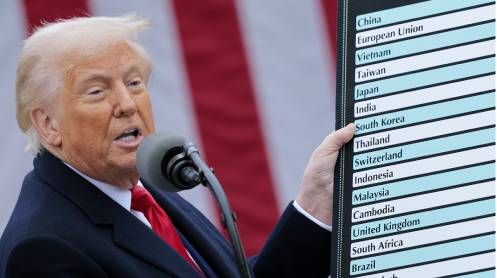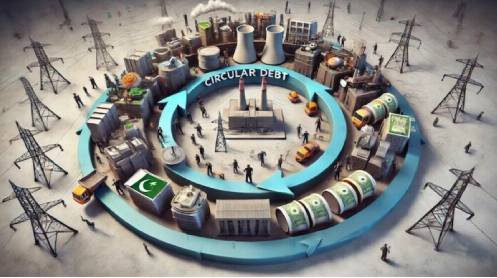Indicative Generation Capacity Expansion Plan (IGCEP) 2030 has focused mainly on adding hydropower into the energy mix at the cost of wind and solar power,” experts said at a consultative session on Utility-scale Renewable Energy Transition in Pakistan, organised by Policy Research Institute for Equitable Development (PRIED).
Energy experts said renewables were the only long-term solution to resolve the country’s energy crisis.
Samir Ahmed, Principal Consultant and CEO at Energy Future Consulting said renewables were the cheapest solution both in the long and short term.
“The only stumbling block in the uptake of RE (Renewable Energy) is intermittency. But multiple solutions to overcome the intermittency issue are practiced globally, such as storage [of energy produced by renewables],” he added.
Another energy expert, Suresh Kumar, Manager Commercial at Shanghai Electric Group, said that the country’s RE targets are just figures and even the projects initiated under RE Policy 2006 are not yet materialized. “The short-term decisions of the government with no long-term objective generation plan have discouraged county’s RE investments in the past,” Kumar said.
Giving an insight into RE policy 2019, Kumar added that the government had decided to increase the share of RE to 25 percent by 2025 and 30 percent by 2030.
“Under this policy, both solar photovoltaic and wind projects would be developed in a solicited mode. So the time required for a project to achieve commercial operations under this process would be three years at the minimum,” he said. Kumar further said the first-ever Indicative Generation Capacity Expansion Plan (IGCEP) 2030 was approved last year while the new ARE Policy 2019 was also in place, but the RE targets set in both needed to be aligned.
He said no development could be seen to meet the target set under the new ARE policy. Zain Moulvi from Alternative Law Collective said that the present strategies to increase RE share in the power sector were misguided on both environmental as well as economic grounds. “This misplaced focus on hydro comes even though hydro projects have been notorious for cost overruns and delays. These projects are also connected to causing destruction to the Indus system and mass displacements of locals, as witnessed in the cases of Neelum-Jhelum and Tarbela Dams in the past,” Moulvi added.





